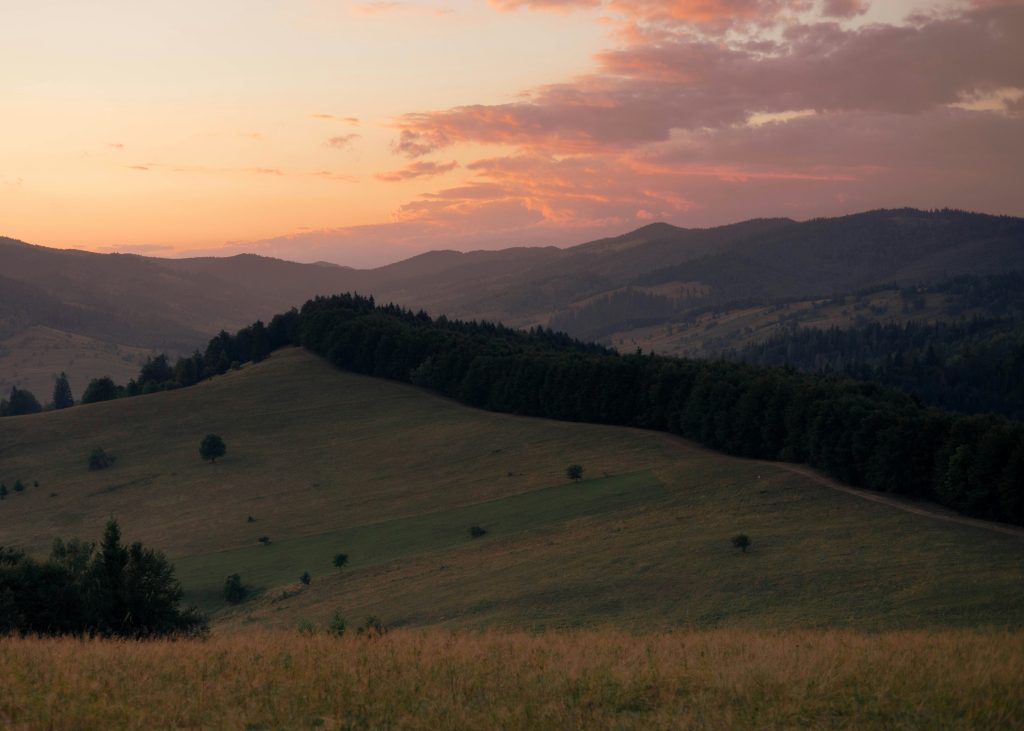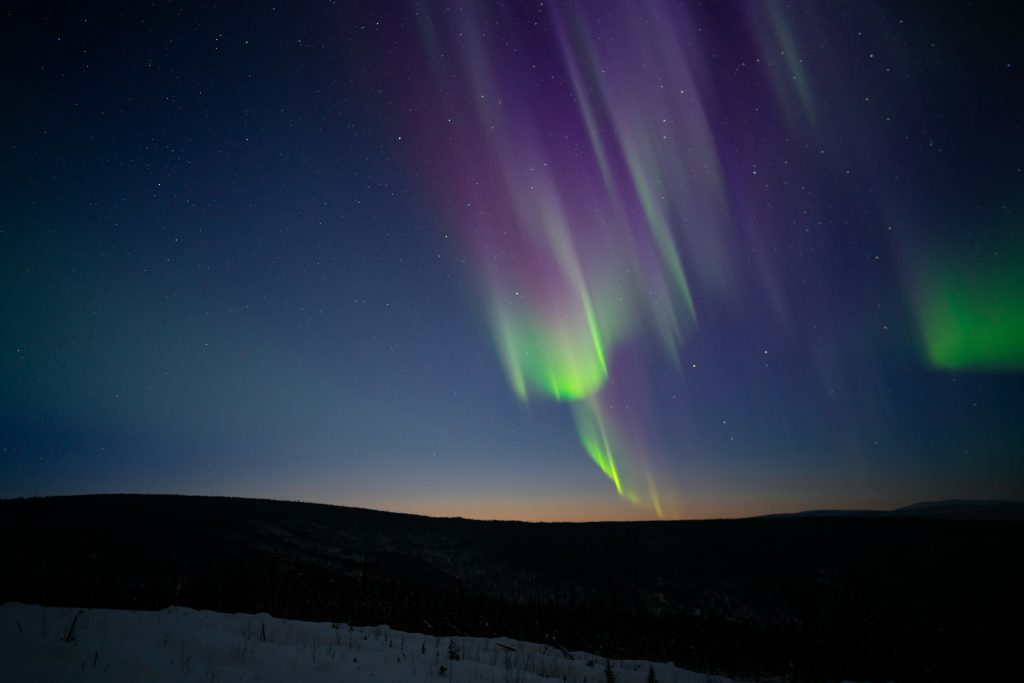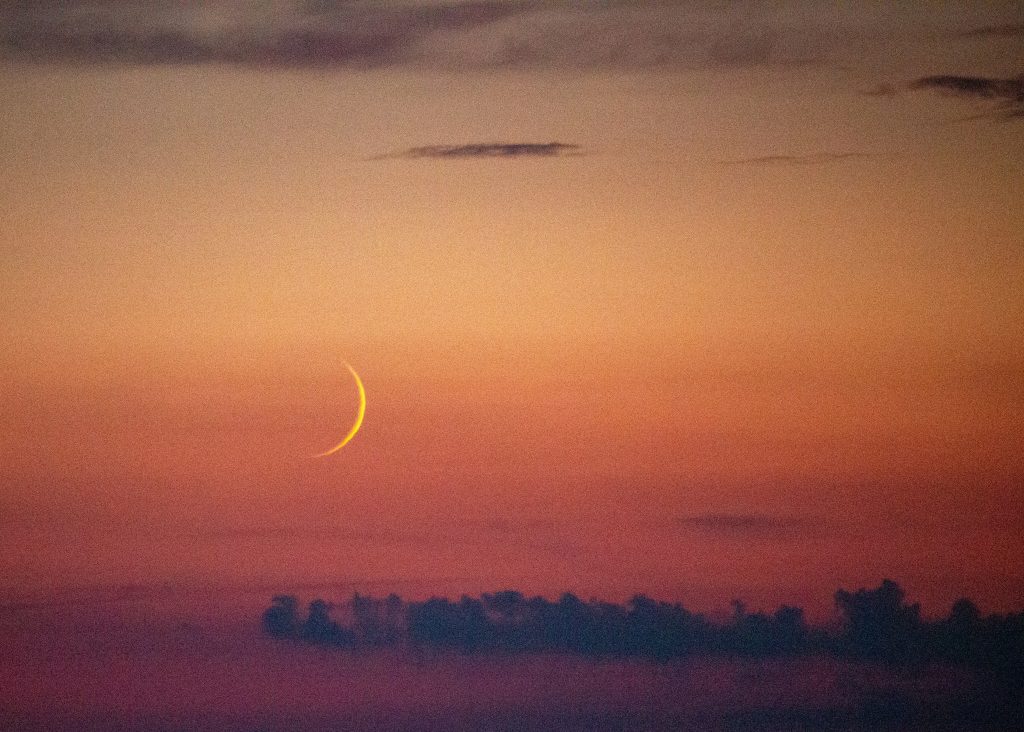In an extraordinary celestial event, the Northern Lights, or Aurora Borealis, illuminated the night skies across various regions in North America, leaving spectators in awe. This breathtaking phenomenon was sparked by a coronal mass ejection from the Sun, which propelled charged particles toward Earth, creating stunning displays of light. Observers in states such as Maine, Washington, Oregon, and Michigan were treated to this natural spectacle, with reports of visibility extending even into Cali...
As summer nights linger, skywatchers across the Northern Hemisphere are in for a spectacular treat. On the night of August 12th and 13th, the skies came alive with a breathtaking display of the Northern Lights, coinciding with the much-anticipated Perseid meteor shower. This rare celestial event captivated stargazers, offering a mesmerizing blend of vibrant auroras and shooting stars. The Northern Lights, or aurora borealis, are a natural phenomenon caused by solar winds colliding with Earth’s ...
As the night falls, stargazers across the globe prepare for one of nature’s most spectacular displays—the annual Perseid meteor shower. This year, the meteor shower is set to peak tonight, offering a breathtaking opportunity for sky enthusiasts and casual observers alike. The Perseids are renowned for their intensity, with rates potentially reaching 100 meteors per hour at their peak. This celestial event, caused by Earth passing through the debris left by Comet Swift-Tuttle, promises to d...
As summer draws to a close, stargazers around the world are gearing up for one of the most spectacular celestial events of the year: the Perseid meteor shower. Peaking overnight on August 11-12, 2024, this annual phenomenon promises a dazzling display of shooting stars that captivates both seasoned astronomers and casual observers alike.
The Perseids, known for their bright meteors and high frequency, are active from July to September, with August marking their peak. This weekend is particularly...













